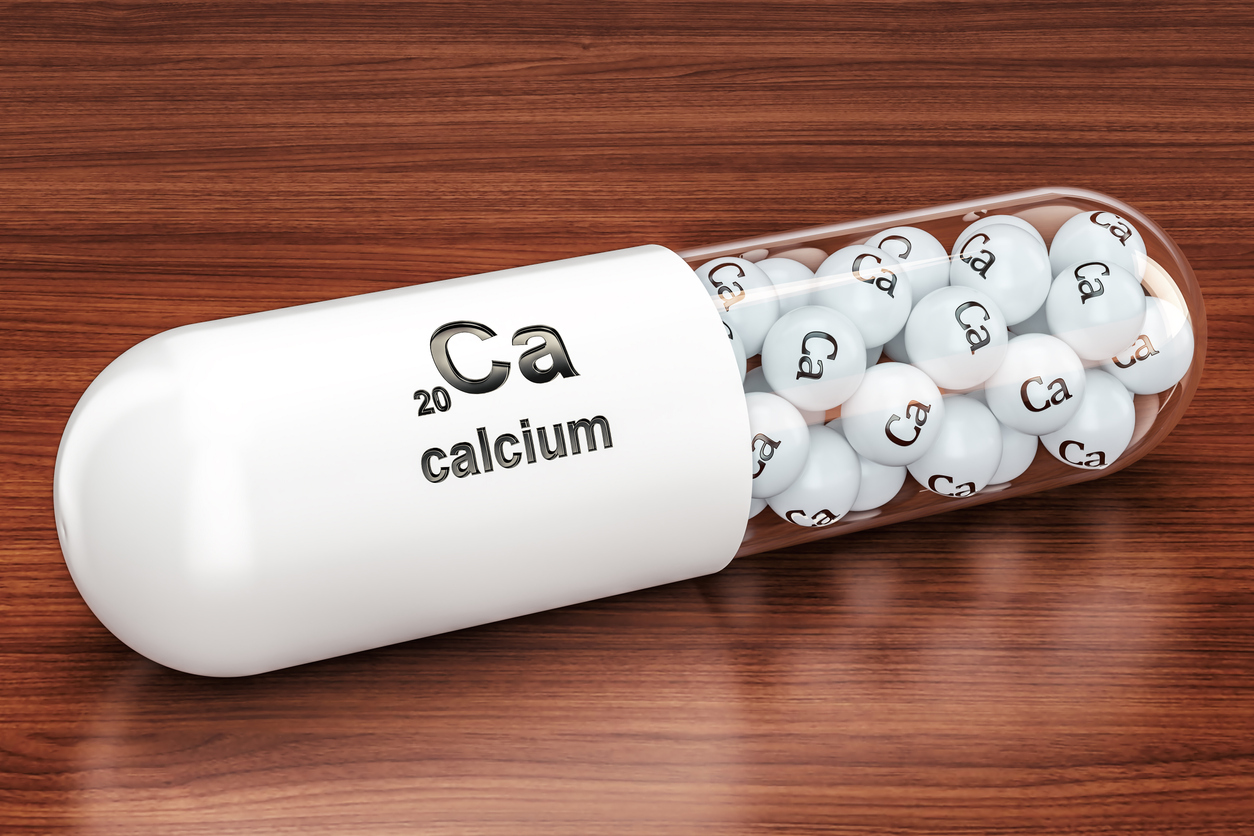
Calcium and Vitamin D are essential elements. Without them, bones aren’t strong, muscles can’t properly contract and the blood can’t clot. Many of us get our recommended daily allowance of both nutrients through the food that we eat and with daily exposure to sunlight. However, as we age, this sometimes gets more challenging. That is why supplements are often recommended for seniors.
Calcium citrate, calcium carbonate and calcium with vitamin D are some of the more popular supplements used by seniors to stay healthy and strong. Deciding which is right for you is sometimes complicated. Salus Homecare San Gabriel Valley breaks down some of the pros and cons of each choice to help you make an educated decision.
Calcium Citrate
This form of calcium is considered easy to absorb. Some seniors take it with a meal, and others take it in between meals. Either option is fine. Most people who take calcium citrate experience little or no stomach upset. This makes it a good choice when compared to other forms of calcium that can cause constipation or gas. Senior with low stomach acid often find this to be a good choice. However, seniors who have difficulty chewing or swallowing may find the large wafer sizes difficult to consume.
Calcium Carbonate
Rolaids and TUMS both contain calcium carbonate. These small chewable tablets are easy for seniors to take, and they are relatively inexpensive too. However, you have to take a lot of them to meet daily requirements, and this can put you at risk of milk-alkali syndrome and kidney failure. The more potent form of calcium carbonate is found in oyster shell or coral calcium. Both are easily absorbed but risky for anyone with a seafood or shellfish allergy. Calcium carbonate should be taken with food for best absorption.
Calcium with Vitamin D
Vitamin D is essential for calcium absorption, so some supplements contain both. Most include 400 IUs which may be enough for seniors who are getting some vitamin D from food or sunlight. For proper dosing, it’s important to have a conversation with your doctor first. A simple blood test can indicate what your current levels of vitamin D are and if (and how much) a supplement is needed.
The Best Calcium Supplement for You
So, which option is best for you? To find a good calcium supplement, first talk to your doctor. It’s important to recognize that the healthiest way to get calcium and vitamin D is through the food we eat and exposure to sunlight, so try to devise a plan that uses those options first.
Calcium Quality, Purity and Potency
Whatever your choice, always look for the USP symbol. This is important because it indicates your supplement has undergone testing for quality, purity and potency and is free from dangerous metals and other harmful elements.
Calcium Dosing
Daily doses should be divvied up, either with meals or between meals. Again, discuss dosing with your doctor. If the supplement is for a loved one with Alzheimer’s or other cognitive deficits, consider using a medication reminder device, managing their medications for them or hiring a professional in home caregiver to offer assistance with healthy and safe medication reminders.
Calcium and Other Medications
In some instances, it’s important to avoid taking calcium with other supplements or prescription medications. This is another reason why proper dosing and carefully following your physician’s orders are so important.
Whatever your choice of calcium supplements, consider that much of a good thing can be damaging and might even lead to rare side effects. Discuss your choices and the proper dosing amounts with your doctor and work together to develop a plan for safety, healthy and longevity.
There is no ads to display, Please add some

